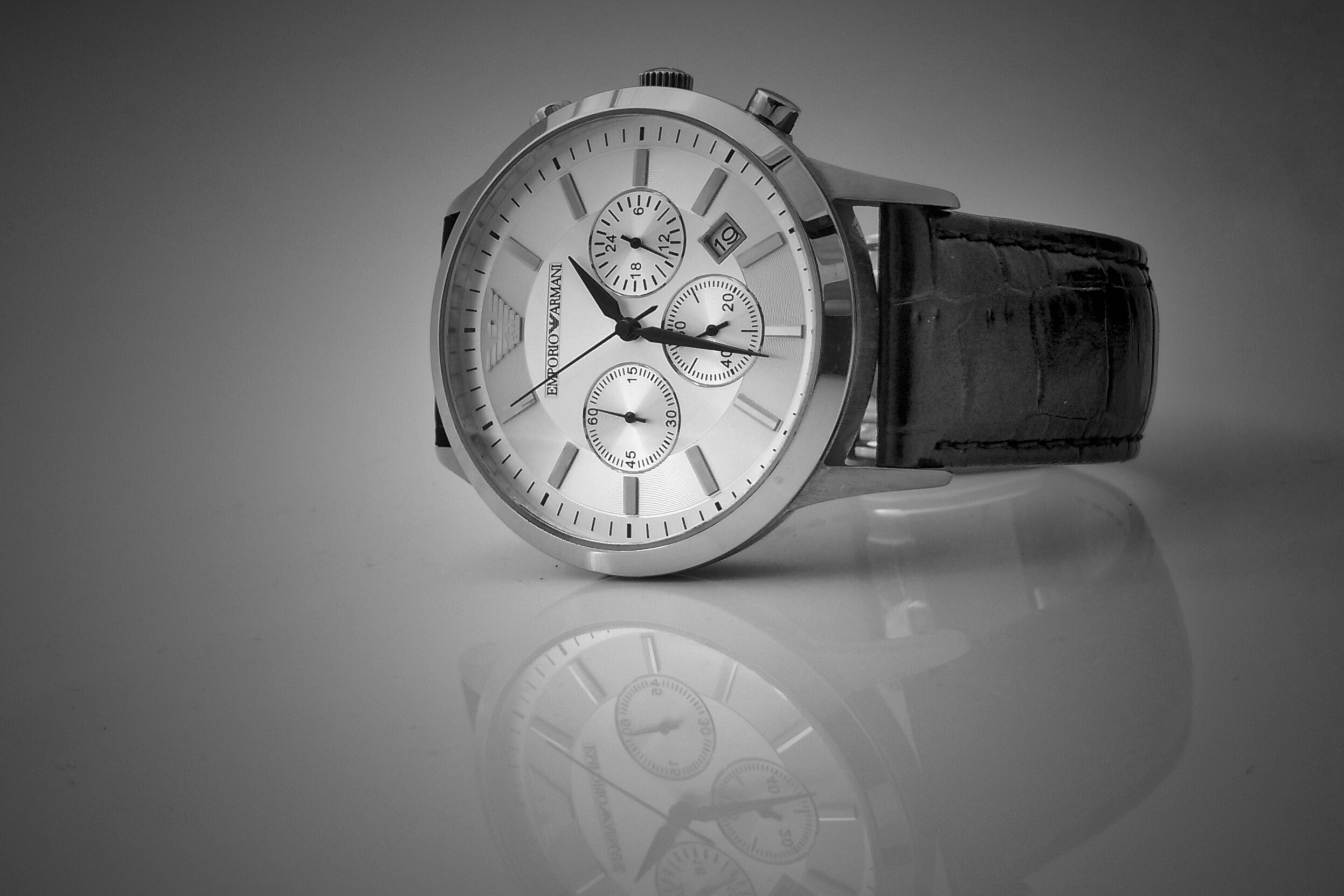When you look after a watch, you retain its appearance, extend its life and can gain real value from it. Watches are complex and consist of a number of small parts that all play an integral role in its functionality.
We have put together a few tips that will help you take better care of your most loved timepieces.
- Clean It Regularly
Make a point of cleaning your watch on a regular basis by using a soft cloth to remove any dust from the case. Baby wipes or soapy water and a toothbrush are great for getting rid of stubborn dirt but if you’re dealing with more than just dust, it’s always better to have your watch cleaned professionally, especially if you’re not sure how water resistant your watch is.
- Have Any Damage Checked By a Professional
You use your arms and hands to do a lot every single day, which means your watch is always at risk of being damaged. While most watches do have an anti-shock system in place, damage can still occur. If your watch is showing damage on the outside, it’s best to have it checked by a professional to ensure everything is still working as it should.
- Be Careful with Chemicals
Ideally, your watch shouldn’t come into contact with chemicals and perfumes. Certain chemicals can damage both the case and the seals. If your timepiece has a leather strap, this could get damaged too. If you do spray cologne or perfume, wait for the area to dry before you put your watch on.
- Change Those Batteries
If you have a quartz watch, you will need to have your battery changed once it has been depleted. Over time, you may need to change your battery more often. Mainly because lubrication oils thicken and electronic components age. If your watch is also water-resistant, make a point of testing that functionality on a regular basis too.
- Don’t Leave It Idle
It’s highly recommended that you don’t let a watch stand idle or unwound for prolonged periods of time. The oils in a watch that keep all of the parts running smoothly only have the right effect when the watch is actually running.
- Don’t Expose Your Timepiece to Magnets
While it’s not uncommon for a watch to be around magnets, it’s ideal if they’re not exposed to strong magnetic fields for prolonged periods of time. A sign that your watch is reacting to magnets is if it gains time.
- Read the Manual
Reading a watch user manual might not sound like the most exciting thing in the world but it can help prolong the life of your favourite timepiece. By reading through the user manual, you can also avoid mistakes that could lead to damage or general functionality issues.
If at any point something goes wrong with your watch, don’t try and open it yourself – you could end up causing even more damage. Always have your watch repaired by a professional.
